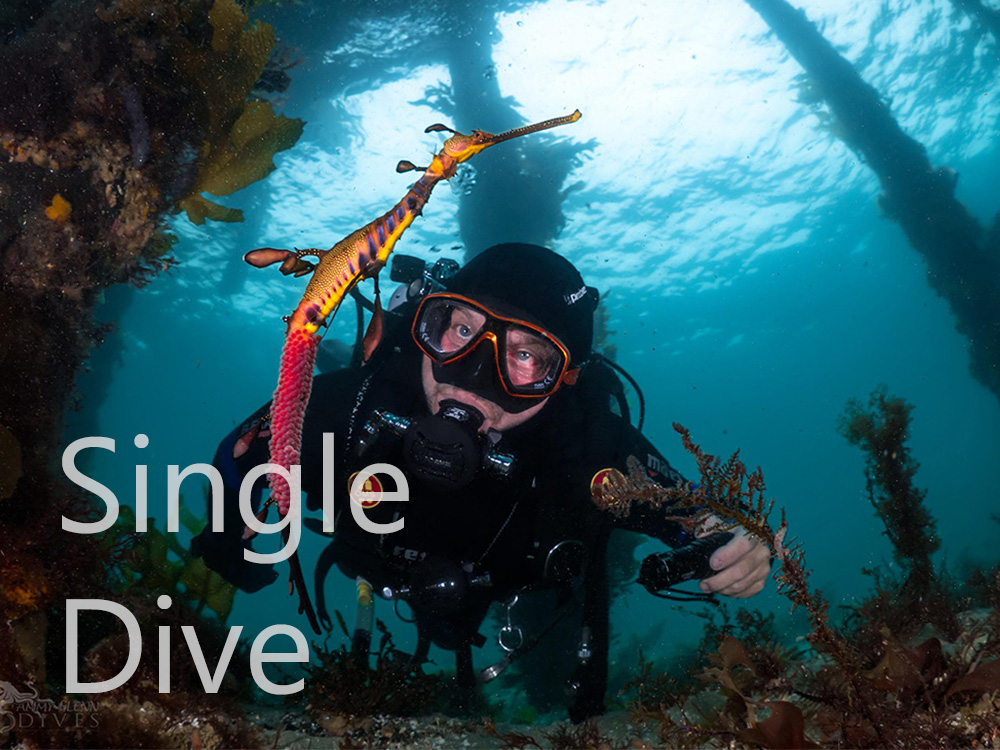Navigation
A scuba diving mask (not swimming goggles) is an essential piece of equipment for any diver. Masks are usually sold as being one size fits all faces. All masks differ in size depending on brand and style within the brand and thus some will achieve a better fit on your face than others. The main variable in this sizing is your head size and face shape. As this is so individual to every person we cannot offer any guaranteed sizing advise. However, in the mask descriptions we have tried to indicate if each mask is more suited to petite, small, medium or large faces. But there are no easy rules to follow. Sometimes a mask that seems more suited to a small face works well on a big face. Generally, the more expensive masks have better quality mask skirts and better quality skirts seal on a wider range of face sizes.
The best thing to do is try the mask on your face and check how well it seals. For details about How to Quickly Check a Scuba Mask for Fit please read our Buyers Guide: Buying a Great Dive Mask.
Prescription/Corrective Lens Diving Masks: Eager to try scuba diving, but feel worried about the practicality of it because of your eyesight? If you wear glasses and need some assistance seeing clearly when diving or snorkelling, The Scuba Doctor is Australia's largest supplier of Prescription Lens Masks.
Technical Tip
Why Black Skirt Diving and Snorkelling Masks Are Better
Clear skirts on diving and snorkelling masks are popular because they minimise the claustrophobic feeling some people get when they wear a mask. Nevertheless, clear skirts actually interfere with vision. Extraneous light entering through the clear skirt makes it more difficult for the eye to focus and causes reflections that obscure vision. Demonstrate this by looking out a window from a lighted room at twilight. You will see better by cupping your hands around your eyes as you press your face to the window. For these reasons, knowledgeable divers and snorkellers seeking the best possible vision prefer masks with black skirts.
Note: Diving/snorkelling masks are very different to Swimming Goggles. See Goggles vs Masks.
Devils Drop Off
![]() Wall Dive |
Wall Dive | ![]() Boat access
Boat access
![]()
![]()
![]()
![]()
![]()
![]()
Depth: 12 m (39 ft) to 55 m (180 ft)
Devil's Drop Off (aka Devil's Dropoff) is one of the most popular dive sites on Lonsdale Wall. This site begins with a huge drop-off from 12 to 30 metres and continues with a series of ledges, overhangs and swim throughs. If you are certified to go deeper, you can explore further as the site gently slopes to 55 metres plus.
The dive site is named Devil's Drop Off after the Southern Blue Devil fish which can be spotted all along the wall here. Their placid nature and vibrant blue colour also make them great for photography. Devil's Drop Off is also a good spot to see Longsnout Boarfish, Port Jackson Shark, Southern Fiddler Ray (aka Banjo Shark) and big rays so keep your eyes open. You will also come across many other species of marine life here as the site lies in the Port Phillip Heads Marine National Park.
At 27 metres there is a long overhang to follow covered in a large variety of soft corals and small fans. A spectacular dive site with something for everyone.
Dive charter boats regularly schedule dives at Devil's Dropoff, heading out from Portsea and Queenscliff. Private dive boats usually launch at the Sorrento Boat Ramp or the Queenscliff Boat Ramp.
The Rip & Tides Warning: Always keep an eye on sea conditions throughout any shore or boat dive within "The Rip" (aka "The Heads"). This is a dangerous stretch of water, where Bass Straight meets Port Phillip, which has claimed many ships and lives. Please read the warnings on the web page diving-the-rip before diving or snorkelling this site.
Port Phillip Heads Marine National Park
This site lies in the Port Phillip Heads Marine National Park. The park is made up of six separate marine areas around the southern end of Port Phillip: Swan Bay, Mud Islands, Point Lonsdale, Point Nepean, Popes Eye, and Portsea Hole.
Thirty-one of the 120 shipwrecks known to have occurred within a 10 nautical mile radius of Port Phillip Heads are thought to be within the Port Phillip Heads Marine National Park in Point Lonsdale and Point Nepean.
Aboriginal tradition indicates that the Bellarine Peninsula side of the Port Phillip Heads Marine National Park is part of Country of the Wathaurung people, and the Mornington Peninsula side, including Mud Islands, is part of Country of the Boon Wurrung people.
See also, Parks Victoria: Port Phillip Heads Marine National Park,
Park Note: Port Phillip Heads Marine National Park,
Port Phillip Heads Marine National Park - Map,
Divers Guide - Port Phillip Heads Marine National Park,
Port Phillip Heads Marine National Park Identification Booklet, and
Taxonomic Toolkit for the Marine Life of Port Phillip Bay.
You are not permitted to carry a spear gun while snorkelling or scuba diving in Port Phillip Heads Marine National Park.
Traditional Owners — This dive site is in the traditional Country of the Boon Wurrung / Bunurong people of the Kulin Nation. This truly ancient Country includes parts of Port Phillip, from the Werribee River in the north-west, down to Wilson's Promontory in the south-east, including the Mornington Peninsula, French Island and Phillip Island, plus Western Port. We wish to acknowledge the Boon Wurrung as Traditional Owners. We pay respect to their Ancestors and their Elders, past, present and emerging. We acknowledge Bunjil the Creator Spirit of this beautiful land, who travels as an eagle, and Waarn, who protects the waterways and travels as a crow, and thank them for continuing to watch over this Country today and beyond.
Devils Drop Off Location Map
Latitude: 38° 17.602′ S (38.293367° S / 38° 17′ 36.12″ S)
Longitude: 144° 38.658′ E (144.6443° E / 144° 38′ 39.48″ E)
Datum: WGS84 |
Google Map
Added: 2012-07-22 09:00:00 GMT, Last updated: 2022-04-06 20:51:03 GMT
Source: Unknown (believed to be incorrect coordinates)
Nearest Neighbour: The Abyss, 58 m, bearing 307°, NW
Port Phillip Heads Marine National Park.
Depth: 12 to 55 m.
Dive only on: SWE.
[ Top ]
DISCLAIMER: No claim is made by The Scuba Doctor as to the accuracy of the dive site coordinates listed here. Should anyone decide to use these GPS marks to locate and dive on a site, they do so entirely at their own risk. Always verify against other sources.
The marks come from numerous sources including commercial operators, independent dive clubs, reference works, and active divers. Some are known to be accurate, while others may not be. Some GPS marks may even have come from maps using the AGD66 datum, and thus may need be converted to the WGS84 datum. To distinguish between the possible accuracy of the dive site marks, we've tried to give each mark a source of GPS, Google Earth, or unknown.
Copyright © 2005-2022 by The Scuba Doctor Australia, ABN 88 116 755 170. All rights reserved.
tel. +61 3 5985 1700 :: email. diveshop@scubadoctor.com.au :: Web site by it'sTechnical 2022

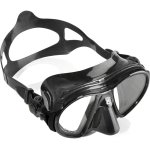


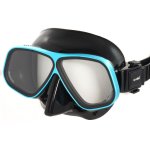

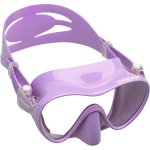
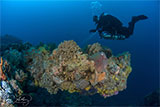
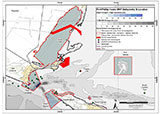
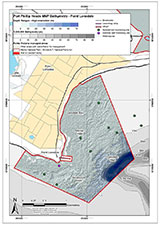
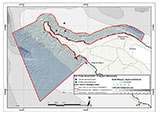
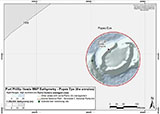
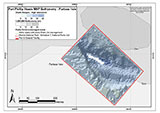
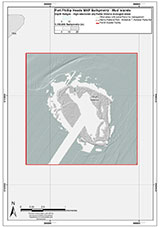
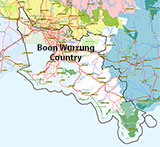

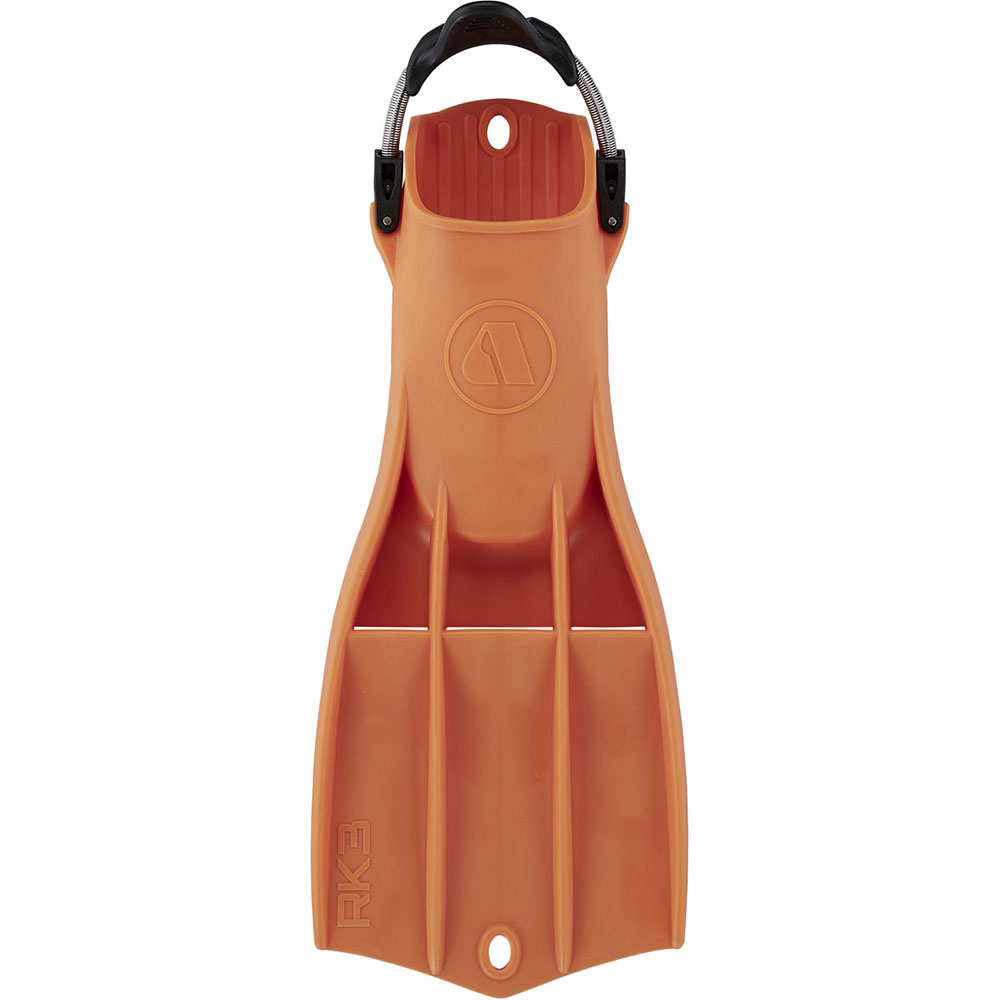





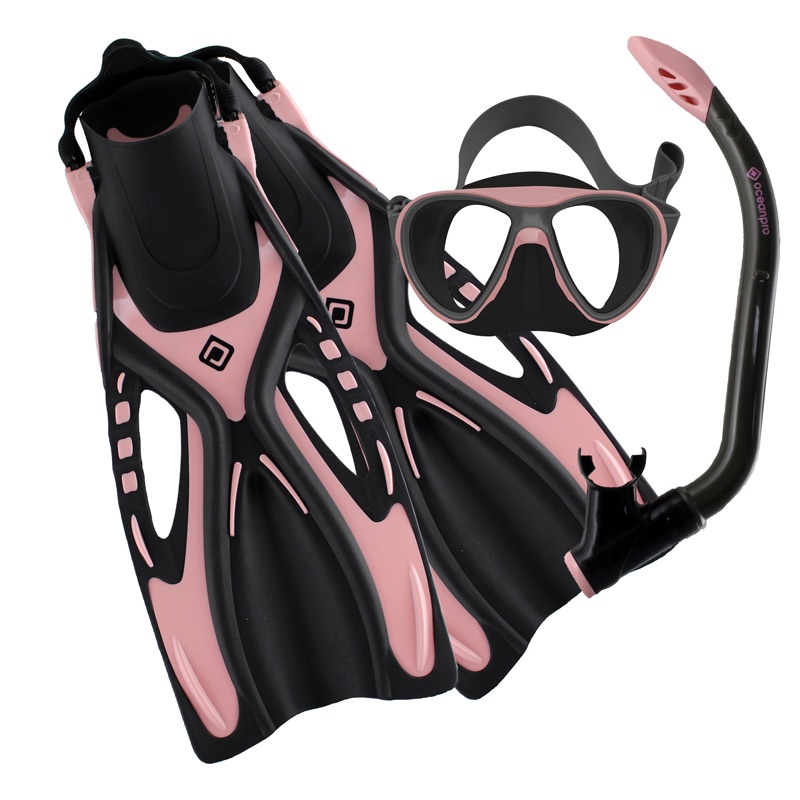


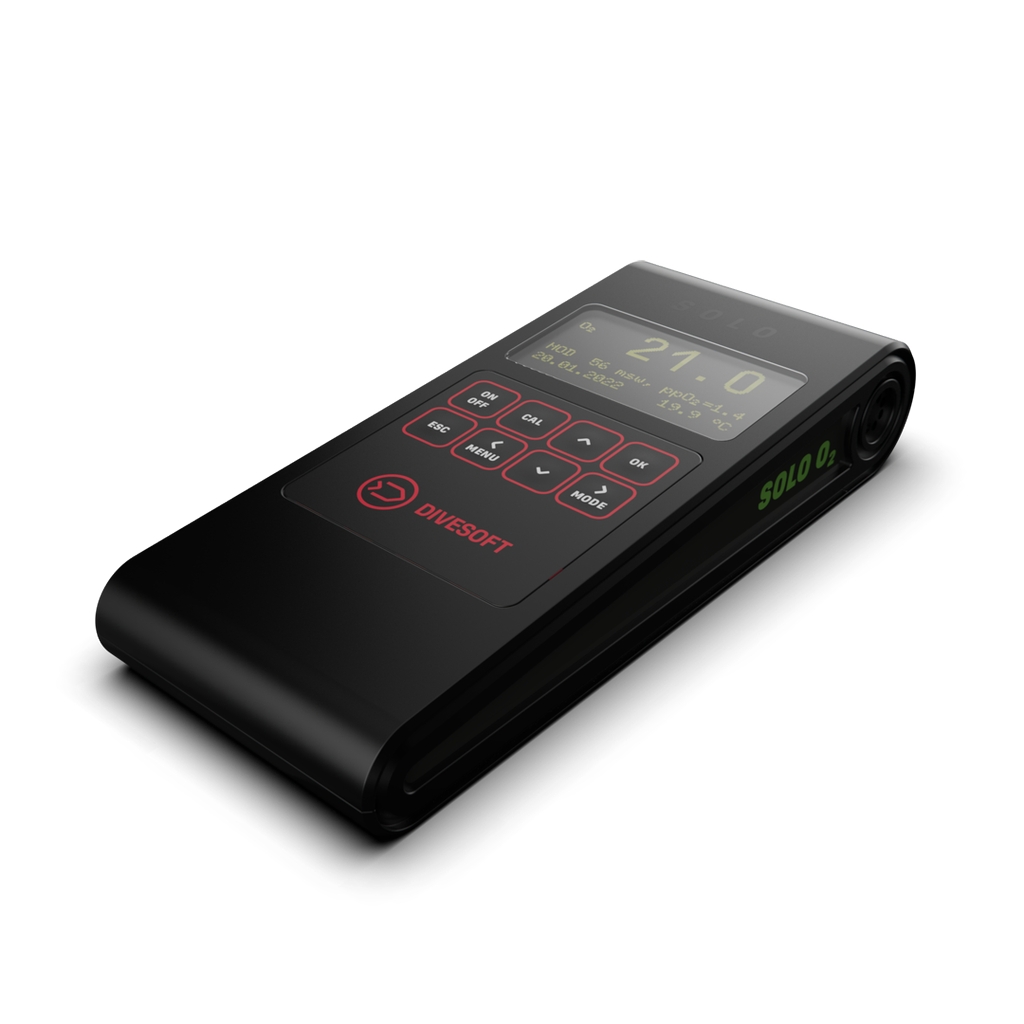
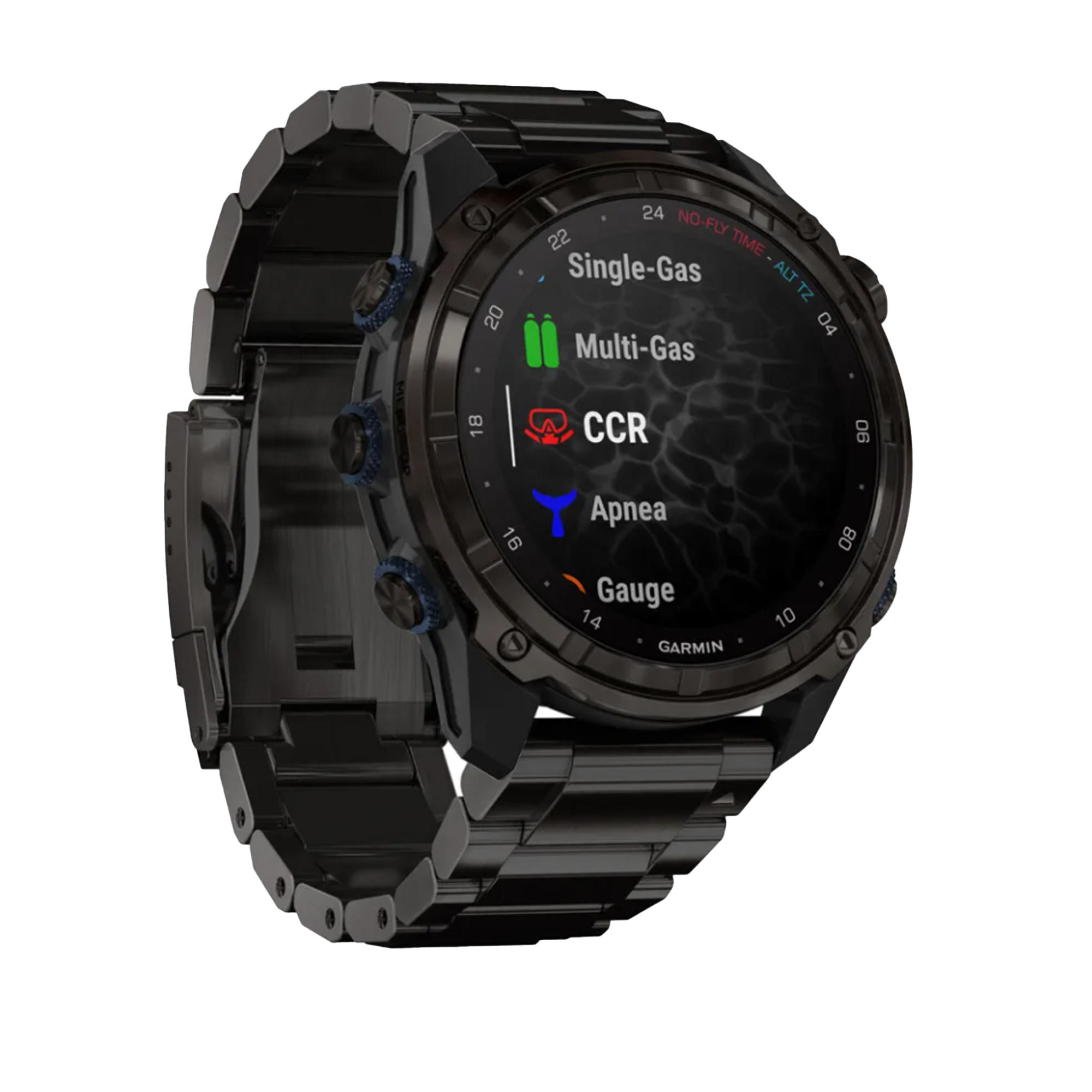
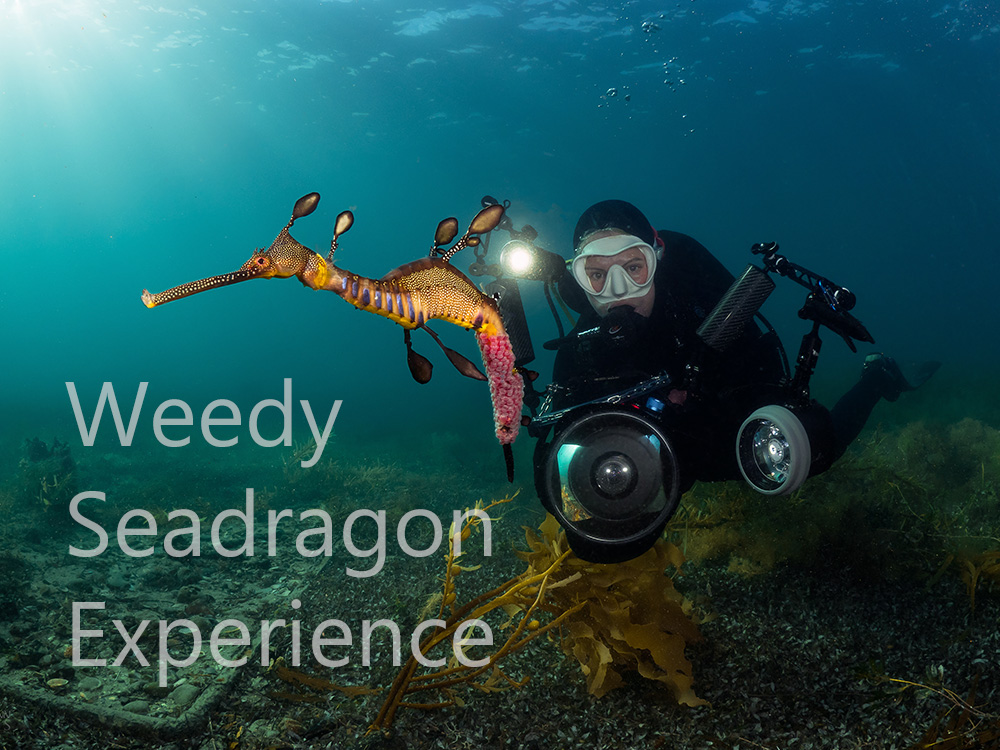
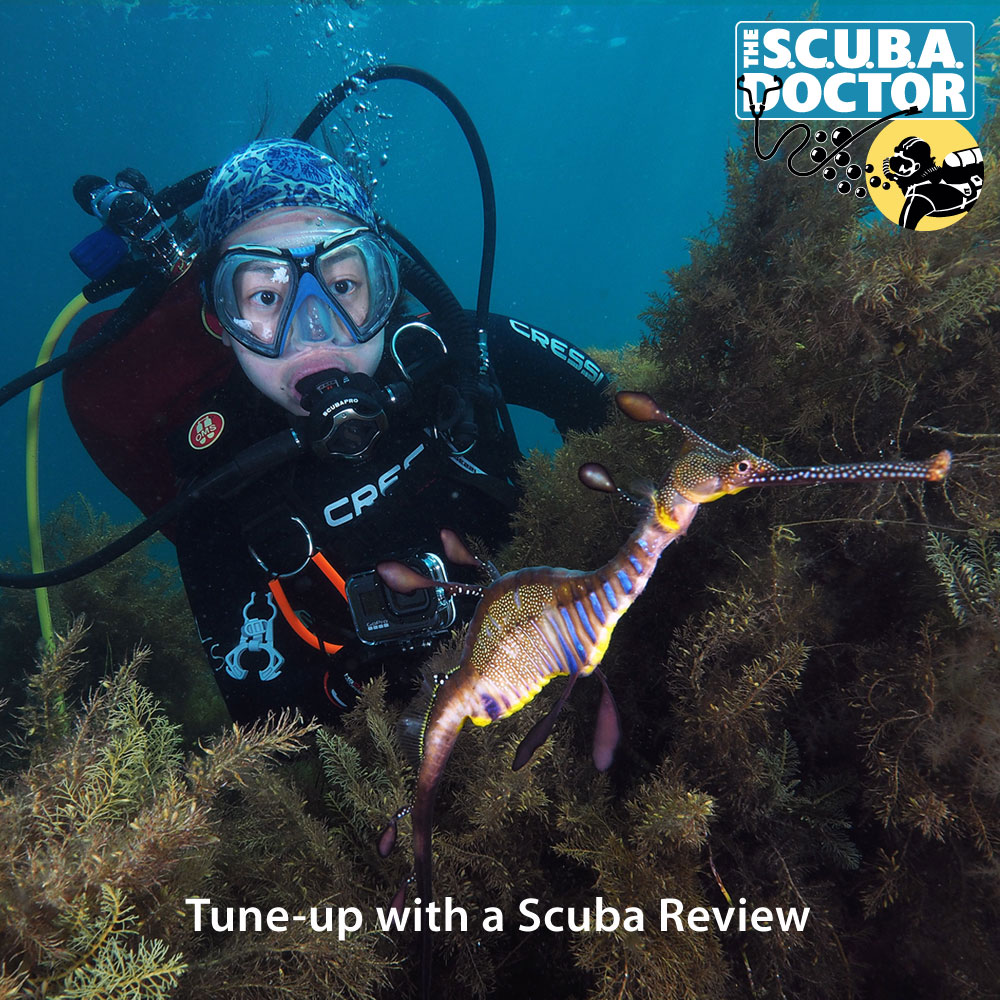
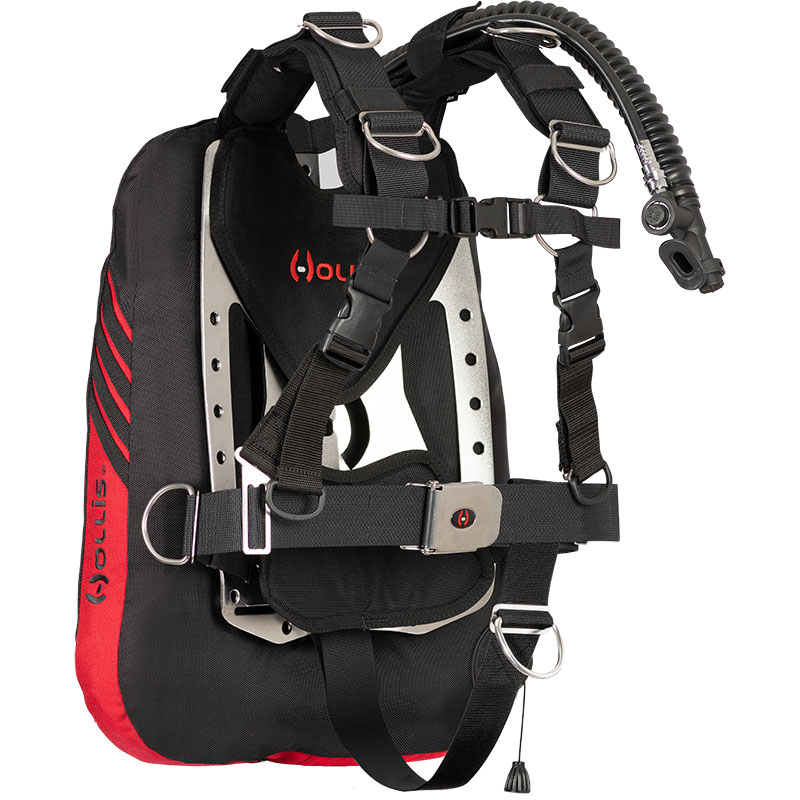
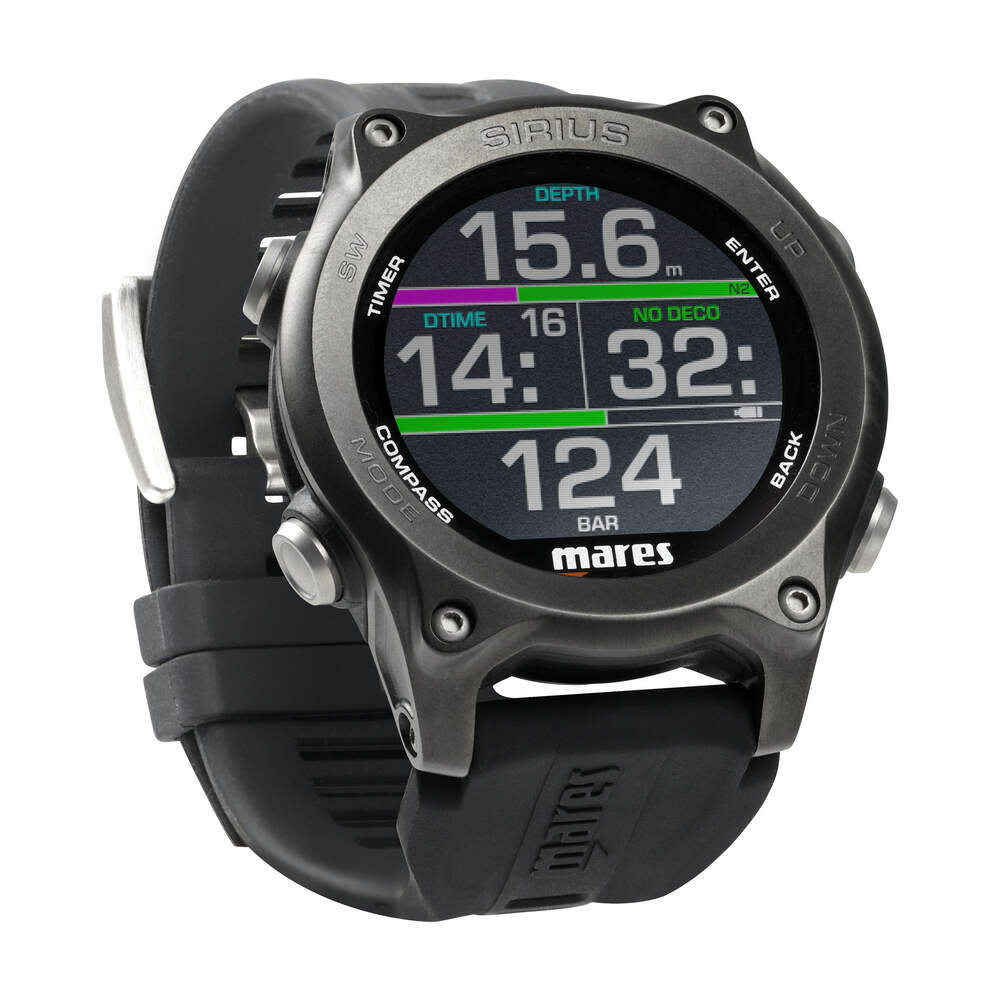
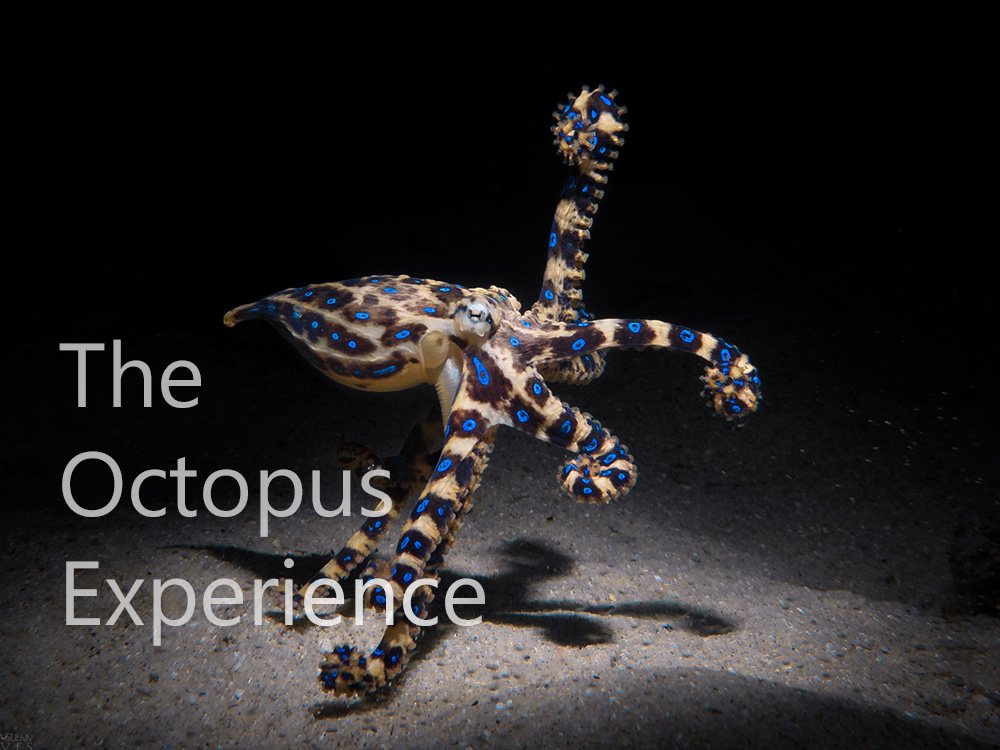
![Halcyon Infinity 30lb System [SS Small Backplate] Halcyon Infinity 30lb System [SS Small Backplate]](/diveshop/images/halcyon/Halcyon-Evolve-Wing.jpg)
